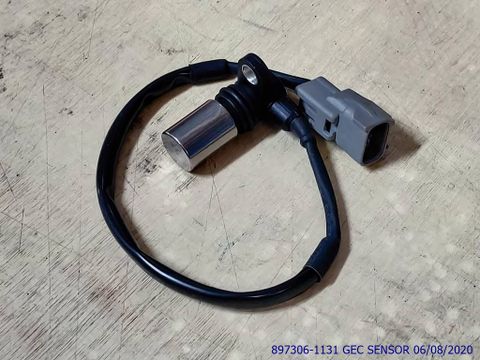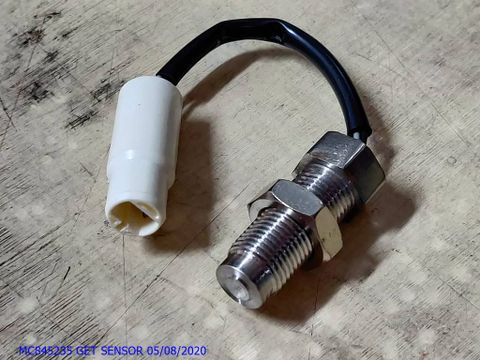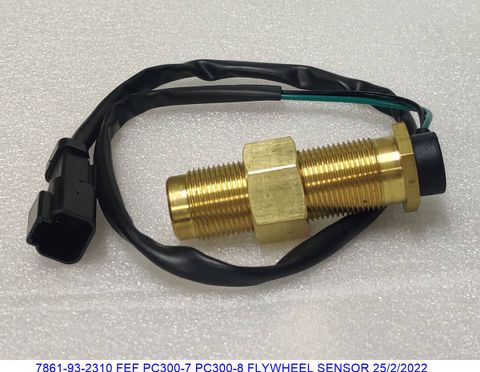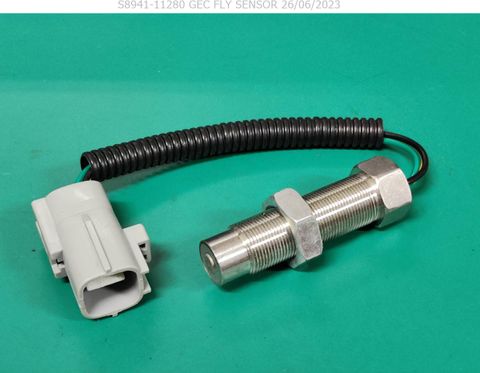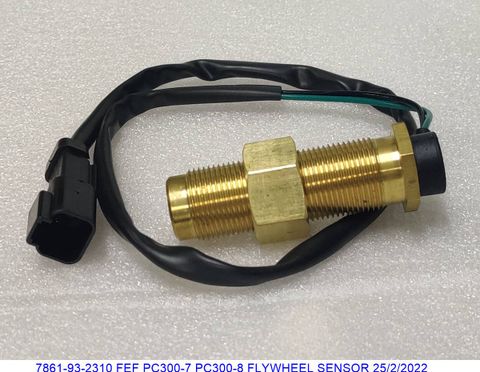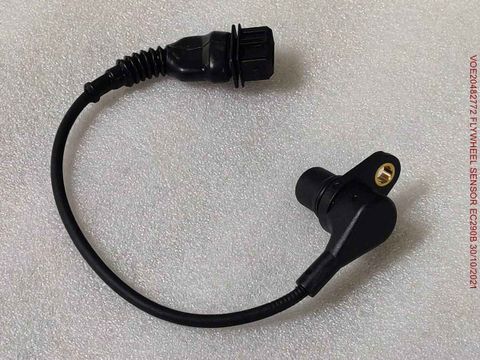FLYWHEEL SENSOR
価格:
R.F.Q
Share Product:
詳細
A malfunctioning flywheel sensor, also known as a crankshaft position sensor or engine speed sensor, can cause a variety of problems that affect engine performance and drivability. The flywheel sensor monitors the position and rotational speed of the crankshaft, providing crucial data to the engine control unit (ECU) for optimal ignition timing and fuel injection. Here are some common problems associated with a non-functional flywheel sensor:
Engine Misfires: A faulty flywheel sensor can cause irregular or incorrect signals to the ECU, leading to improper ignition timing. This can result in engine misfires, which cause rough idling, poor acceleration, and a decrease in engine performance.
Starting Problems: The flywheel sensor is essential for the ECU to determine the correct position of the crankshaft during startup. If the sensor fails, the engine may have difficulty starting or may not start at all.
Stalling: An intermittent or faulty flywheel sensor can cause the engine to stall unexpectedly. This can happen while idling, driving, or during acceleration, posing a safety hazard.
Check Engine Light: A malfunctioning flywheel sensor can trigger the check engine light. The ECU will detect the faulty sensor and store diagnostic trouble codes (DTCs), which can be read with an OBD-II scanner.
Poor Fuel Efficiency: The flywheel sensor plays a crucial role in ensuring the correct air-fuel mixture. A non-functional sensor can lead to an imbalanced mixture, resulting in poor fuel efficiency and increased emissions.
Reduced Engine Power: Without accurate data from the flywheel sensor, the ECU may not optimize engine performance correctly. This can lead to reduced engine power, making the vehicle feel sluggish and less responsive.
Transmission Issues: In vehicles with automatic transmissions, a faulty flywheel sensor can cause shifting problems. The transmission relies on accurate engine speed data to determine shift points. A malfunctioning sensor can lead to hard or erratic shifts.
Backfiring: Incorrect ignition timing due to a faulty flywheel sensor can cause backfiring, where unburned fuel ignites in the exhaust system. This can produce loud popping noises and potential damage to the exhaust components.
No Spark or Fuel Injection Pulse: In some cases, a completely non-functional flywheel sensor may result in no spark or fuel injection pulse, leading to a no-start condition.
Vibration and Noise: A faulty sensor can sometimes cause vibrations or unusual noises from the engine, as the ECU struggles to synchronize the engine's operation without accurate crankshaft position data.
Summary
A non-functional flywheel sensor can cause engine misfires, starting problems, stalling, check engine light activation, poor fuel efficiency, reduced engine power, transmission issues, backfiring, no spark or fuel injection pulse, and vibrations or noise. These problems can significantly impact the performance, safety, and reliability of the vehicle. If a flywheel sensor issue is suspected, it should be diagnosed and replaced by a qualified technician to ensure the proper functioning of the engine and related systems.
仕様書
| キーワード | |
| ブランド | |
| 起源 | MY |
